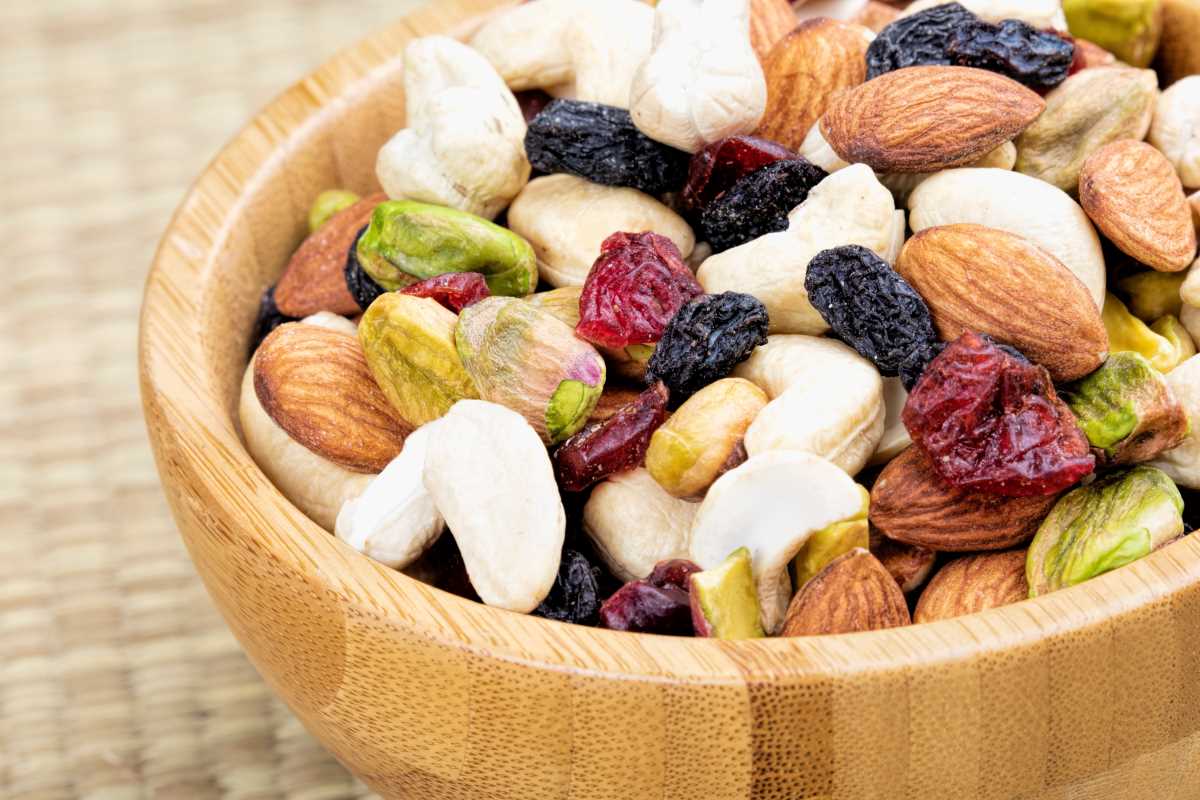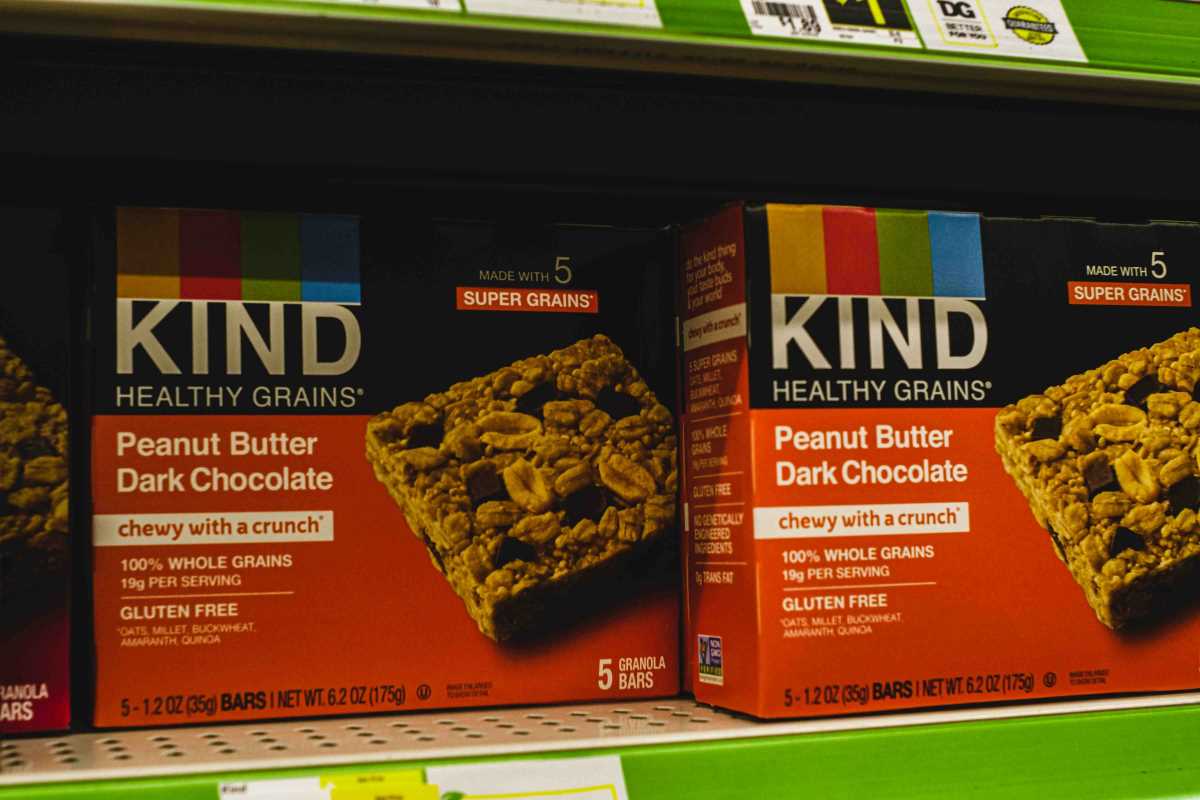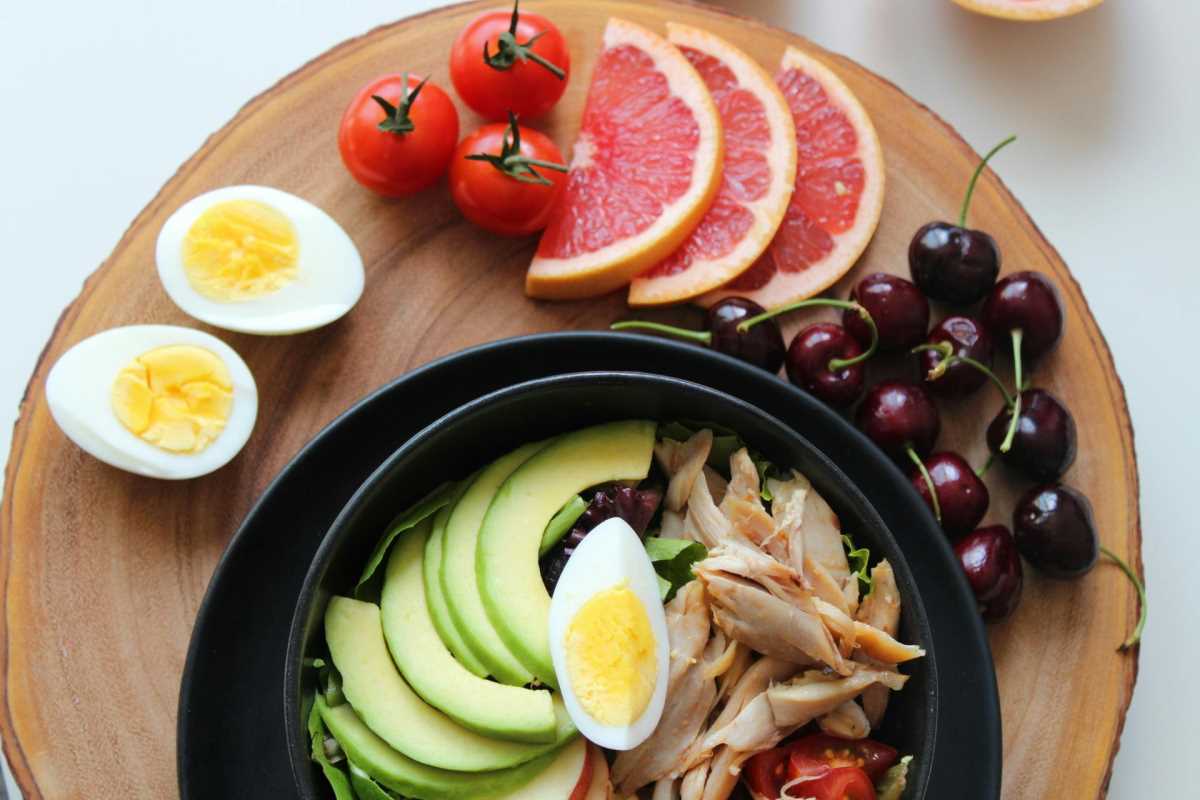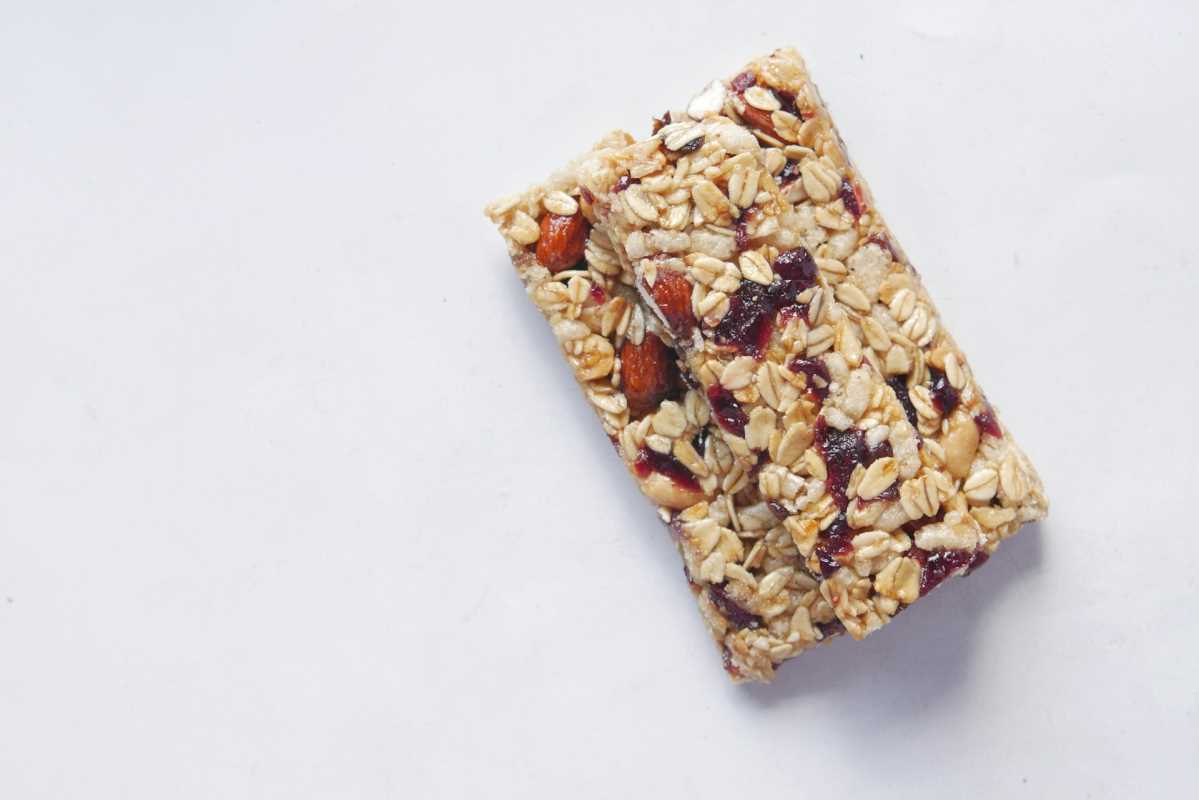For anyone lifting weights or working on building lean muscle, protein is non-negotiable. It repairs muscle fibers, supports recovery, and fuels strength gains. But if you're vegetarian, hitting protein goals can feel tricky—especially without the default staples of chicken or steak. The truth? With smart choices, vegetarians can absolutely meet their protein needs and thrive in the gym. Research consistently shows that well-planned vegetarian diets can support muscle protein synthesis just as effectively as omnivorous diets when adequate protein intake is maintained.
Here are the top protein-packed options to power your training, complete with preparation tips and strategies to maximize their muscle-building potential.
1. Eggs: The Gold Standard Protein
Eggs are a near-perfect protein source, offering about 6–7 grams per egg plus all nine essential amino acids in optimal ratios. With a biological value of 100, eggs serve as the benchmark against which other proteins are measured. They're versatile, budget-friendly, and quick to cook.
Strength Training Benefits:
- High leucine content (approximately 540mg per egg) triggers muscle protein synthesis
- Fast-digesting protein ideal for post-workout recovery
- Rich in choline, which supports muscle function and recovery
Preparation Ideas:
- Pre-workout: Scrambled eggs with spinach and whole-grain toast provide sustained energy
- Post-workout: Hard-boiled eggs with fruit deliver quick protein for recovery
- Meal prep: Egg muffins with vegetables can be made in batches and stored for 5 days
- Creative options: Add to grain bowls, make protein-packed omelets, or create shakshuka for variety
Pro Tip: Egg whites contain pure protein (about 4g per white), while yolks provide healthy fats and micronutrients. For maximum muscle support, include both.
2. Greek Yogurt: Creamy Recovery Fuel
Thicker and creamier than regular yogurt, Greek yogurt packs 15–20 grams of protein per cup, with approximately 80% casein and 20% whey proteins. This combination provides both immediate and sustained amino acid release.
Strength Training Benefits:
- Casein protein supports overnight muscle recovery and prevents muscle breakdown
- High calcium content (up to 300mg per serving) supports muscle contractions
- Probiotics may reduce exercise-induced inflammation
Smart Serving Strategies:
- Pre-workout: Mix with berries and granola 1-2 hours before training
- Post-workout: Blend with protein powder and fruit for an enhanced recovery shake
- Bedtime snack: Plain Greek yogurt with nuts provides slow-release protein for overnight recovery
- Meal enhancement: Use as a base for high-protein dips, salad dressings, or smoothie bowls
Selection Tips: Choose varieties with at least 15g protein per serving and minimal added sugars. Plain versions offer the most flexibility for both sweet and savory applications.
3. Cottage Cheese: The Comeback Champion
Cottage cheese has surged back into popularity, and for good reason. A half-cup serving provides around 14 grams of protein, primarily from casein, which digests slowly and provides sustained amino acid release for up to 7 hours.
Strength Training Benefits:
- Excellent source of casein protein for anti-catabolic effects during sleep
- High in calcium and phosphorus for bone health under training stress
- Contains all essential amino acids in favorable ratios
Modern Preparation Ideas:
- Savory bowls: Top with avocado, cherry tomatoes, and everything bagel seasoning
- Sweet treats: Mix with berries, honey, and crushed nuts for a protein-rich dessert
- Smoothie booster: Blend into fruit smoothies for extra creaminess and protein
- High-protein pancakes: Use as a base ingredient for guilt-free breakfast options
Quality Considerations: Look for varieties with live cultures for added digestive benefits, and choose low-sodium options when possible.
4. Lentils: Plant-Based Powerhouses
Hearty, filling, and rich in fiber, lentils provide about 18 grams of protein per cooked cup. They also supply iron (37% DV) and folate (90% DV), nutrients often challenging to obtain in vegetarian diets and crucial for oxygen transport and energy metabolism.
Strength Training Benefits:
- Complex carbohydrates provide sustained energy for longer training sessions
- High iron content supports oxygen delivery to working muscles
- Fiber helps maintain stable blood sugar levels during intense training
Versatile Preparation Methods:
- Quick-cooking options: Red lentils cook in 15 minutes and work well in curries and soups
- Meal prep staples: Green or brown lentils hold their shape well in grain bowls and salads
- Post-workout meals: Lentil curry with quinoa provides complete protein plus recovery carbs
- Snack innovations: Roasted lentils make crunchy, portable high-protein snacks
Complete Protein Strategy: Combine with grains like rice or quinoa within the same day to ensure all essential amino acids are available for muscle synthesis.
5. Chickpeas: Mediterranean Muscle Fuel
Chickpeas (garbanzo beans) offer 15 grams of protein per cup cooked, plus significant amounts of folate, fiber, and complex carbohydrates. Their versatility makes them invaluable for meal planning and preparation.
Strength Training Benefits:
- Balanced macronutrient profile supports both energy needs and recovery
- High fiber content promotes satiation and stable energy levels
- Magnesium content (78mg per cup) supports muscle function and reduces cramping
Power-Packed Preparations:
- Roasted snacks: Toss with olive oil and spices, roast until crispy for portable protein
- Hummus variations: Blend with tahini, lemon, and garlic for a protein-rich spread
- Curry creations: Chickpea curry over rice provides 25+ grams of complete protein
- Salad boosters: Add to grain bowls for extra protein and satisfying texture
Optimization Tip: Soak dried chickpeas overnight and pressure cook for better digestibility and higher nutrient retention compared to canned varieties.
6. Quinoa: The Complete Grain
Unlike most grains, quinoa is a complete protein, delivering all nine essential amino acids. One cup cooked contains about 8 grams of protein, along with magnesium (118mg) and fiber (5g) that support muscle function and digestive health.
Strength Training Benefits:
- Only plant-based complete protein among common grains
- High lysine content often lacking in plant proteins
- Complex carbohydrates provide sustained energy for training
Strategic Applications:
- Pre-workout base: Quinoa bowls with vegetables provide lasting energy
- Post-workout recovery: Combined with beans or lentils for protein amplification
- Breakfast power: Quinoa porridge with nuts and fruit for morning fuel
- Meal prep foundation: Cooks in batches and stores well for 5-7 days
Preparation Excellence: Rinse quinoa thoroughly before cooking to remove bitter saponins, and toast briefly in a dry pan for enhanced nutty flavor.
7. Tofu: The Adaptable Athlete's Friend
Made from soybeans, tofu provides about 10 grams of complete protein per half-cup, plus isoflavones that may support recovery and reduce exercise-induced inflammation. Its neutral flavor profile makes it incredibly versatile.
Strength Training Benefits:
- Complete amino acid profile comparable to animal proteins
- Soy protein supports muscle protein synthesis effectively
- May help reduce exercise-induced muscle damage and inflammation
Texture and Preparation Mastery:
- Extra-firm tofu: Best for grilling, baking, and stir-frying; holds shape under high heat
- Silken tofu: Perfect for smoothies, desserts, and creamy sauces
- Pressing technique: Remove excess water by pressing between towels for 30 minutes before cooking
- Marination magic: Absorbs flavors beautifully when marinated for 2+ hours
Flavor Combinations: Asian-inspired (soy sauce, ginger, garlic), Mediterranean (herbs, lemon, olive oil), or Mexican (cumin, chili powder, lime) for variety.
8. Tempeh: Fermented Fitness Fuel
Denser and nuttier than tofu, tempeh boasts around 15 grams of protein per half-cup, plus probiotics from fermentation that support gut health and potentially enhance nutrient absorption.
Strength Training Benefits:
- Higher protein density than most plant sources
- Fermentation increases bioavailability of nutrients
- Probiotics may improve immune function under training stress
Cooking Techniques:
- Steam first: 10 minutes of steaming reduces bitterness and improves texture
- Marinate and grill: Slice thin, marinate in your favorite sauce, then grill for meat-like texture
- Crumble and sauté: Break into pieces for use in tacos, pasta sauces, or grain bowls
- Bacon alternative: Slice thin, season with smoky spices, and pan-fry until crispy
Storage Tips: Keeps well frozen for up to 3 months, making it convenient for meal planning.
9. Edamame: Green Protein Gems
These young soybeans deliver about 17 grams of protein per cup cooked, plus folate, vitamin K, and fiber. They're one of the few plant foods that provide complete protein in a convenient, snackable form.
Strength Training Benefits:
- Quick-digesting complete protein ideal for post-workout snacks
- High folate content supports red blood cell production
- Natural source of plant-based omega-3 fatty acids
Serving Suggestions:
- Simple preparation: Steam and sprinkle with sea salt for classic appetizer
- Salad enhancement: Shell and add to grain bowls, pasta salads, or green salads
- Smoothie booster: Frozen shelled edamame adds protein and creaminess to smoothies
- Hummus variation: Blend steamed edamame with tahini and seasonings for unique dip
Convenience Factor: Available fresh, frozen, or pre-shelled for quick preparation options.
10. Seitan: The Plant-Based Powerhouse
Known as “wheat meat,” seitan is made from vital wheat gluten and packs a whopping 20–25 grams of protein per 3-ounce serving—more protein per serving than most animal products. Its meaty texture and versatility make it an excellent option for vegetarians focused on strength and muscle gains.
Strength Training Benefits:
- Exceptional protein density for muscle repair and growth
- Chewy, satisfying texture ideal for replacing meat in classic recipes
- Low in fat and contains some iron, supporting lean muscle development
Preparation Ideas:
- Stir-Fries: Slice and sauté with vegetables, tamari, and ginger for a protein-rich meal
- Sandwich Filler: Thinly slice and layer on whole-grain bread with greens and spicy mustard
- Grilled Kebabs: Marinate in your favorite sauce, thread onto skewers, and grill for a high-protein entrée
- Mock Meats: Use as a base for vegetarian “steak” or “chicken” strips in fajitas or tacos
Allergy Note: Since seitan is derived from gluten, it is not suitable for individuals with celiac disease or gluten sensitivity.
Pro Tip: Homemade seitan lets you control flavor and sodium content. Try incorporating savory herbs, spices, and low-sodium broths for a balanced profile.
11. Protein Powders: Convenient Support for Higher Needs
Plant-based protein powders (such as pea, hemp, soy, or blends) help bridge the gap when whole food intake alone doesn’t meet your protein targets—especially useful after heavy workouts or on busy days.
Strength Training Benefits:
- Rapidly absorbed, making them ideal for post-workout muscle recovery
- Convenient way to ensure adequate protein intake without extra prep
- Can be tailored (peanut flour, brown rice, or blended sources) to suit dietary preferences and sensitivities
Practical Uses:
- Smoothies: Blend with fruit, greens, and nut butter for a nutrient-dense meal or snack
- Oats and Pancakes: Stir into oatmeal or pancake batter to boost breakfast protein
- Homemade Energy Bars: Combine with seeds, dried fruit, and oats for portable, protein-rich snacks
Selection Tips: Look for powders with at least 18–25 grams of protein per serving. Choose options with minimal additives, and consider rotating brands to benefit from different protein sources and amino acid profiles.
Final Tips for Strength Training Vegetarians
Finding enough high-quality protein as a vegetarian is completely achievable with planning and variety. To make the most of these options and support your strength goals, keep these practical strategies in mind:
- Mix and Match: Pair foods like beans and grains (for example, lentils and rice or chickpeas and quinoa) to ensure a complete amino acid profile.
- Prioritize Variety: Rotate between soy, legumes, dairy (if included), and grains to cover both macro- and micronutrient needs. This approach also keeps meals interesting.
- Optimize Timing: Strive for 20–40 grams of protein within a two-hour window after strength training to support muscle recovery.
- Plan Ahead: Prepping ingredients in batches and keeping protein snacks on hand can help you stay on track, even with a busy schedule.
- Stay Informed: Keep up with new vegetarian products and research. Fortified foods, novel plant proteins, and new preparation methods are always emerging.
- Consider Supplements: If you struggle to meet protein needs from food alone, plant-based protein powders can be a helpful tool, especially during periods of intense training.
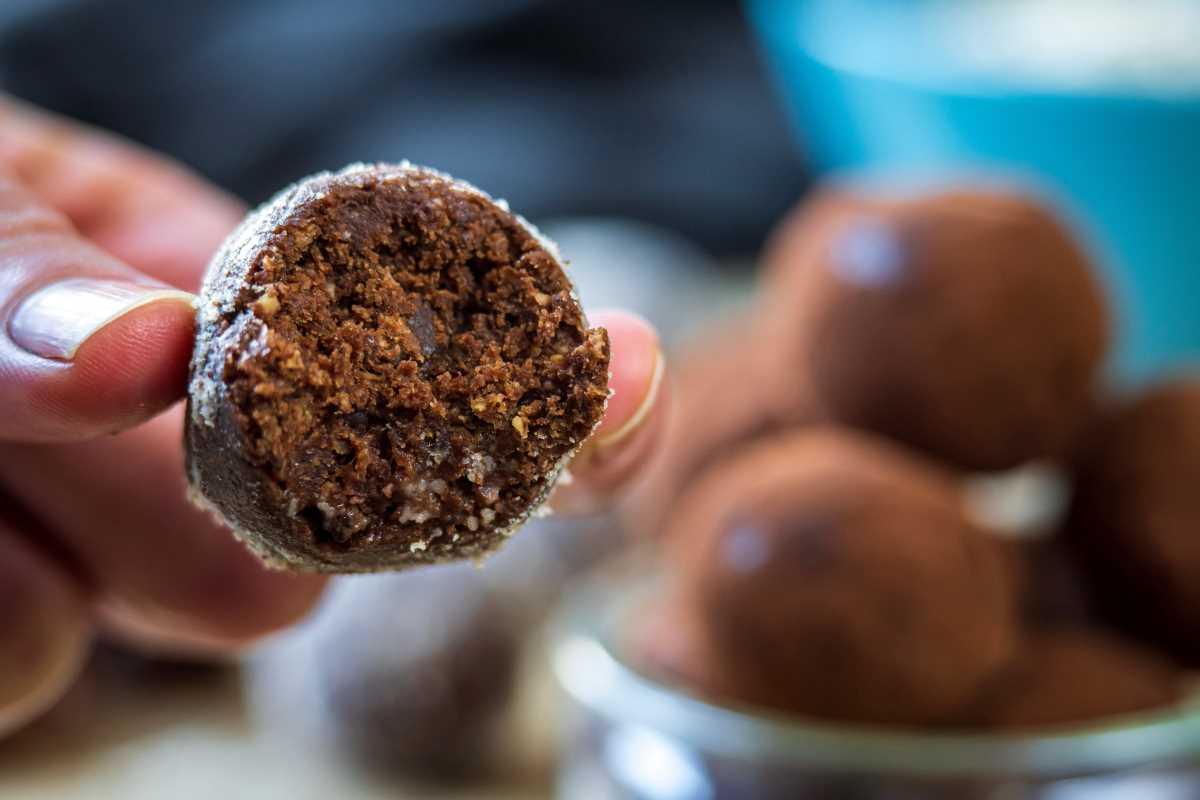 (Image via
(Image via